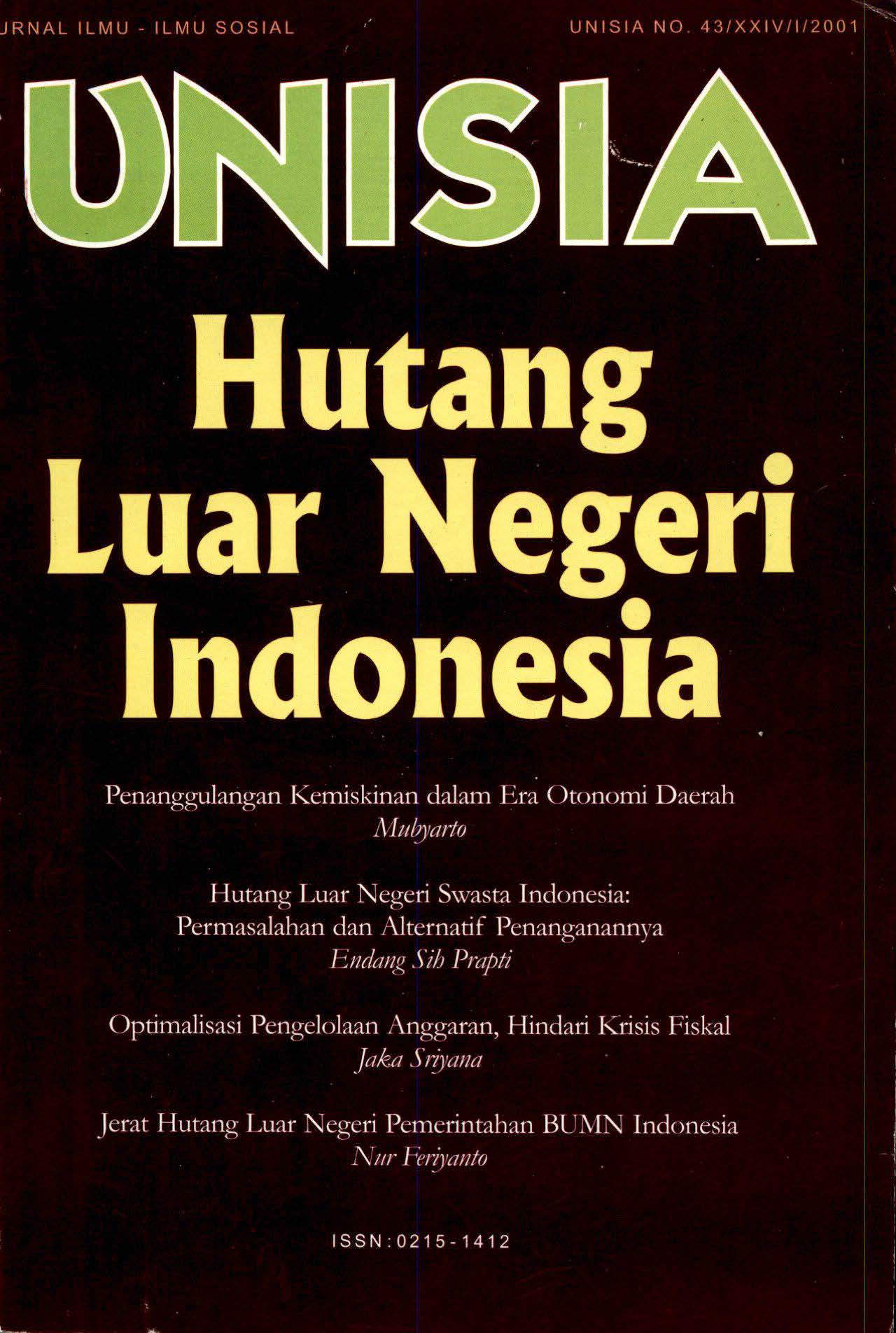Main Article Content
Abstract
Initially, private foreign debt is an ordinary case happening in various countries. Private institutions try to find foreign debt because of the lack of the internal fund. Both debtors and creditors would get huge economic benefits, as the relation between them can be meant as mutualistic relation. The problem would arise when one or more of three aspects appear; default, rescheduling, or repudiation. The suggested solutions are adjustmentprogram under the IMFsupport, searching for the new debt sources (at moderate rate), finding other financial aid rather than debt.
Article Details
License
- Authors retain copyright and grant the journal right of first publication with the work simultaneously licensed under a Creative Commons Attribution License that allows others to share the work with an acknowledgement of the work's authorship and initial publication in this journal.
- Authors are able to enter into separate, additional contractual arrangements for the non-exclusive distribution of the journal's published version of the work (e.g., post it to an institutional repository or publish it in a book), with an acknowledgement of its initial publication in this journal.
- Authors are permitted and encouraged to post their work online (e.g., in institutional repositories or on their website) prior to and during the submission process, as it can lead to productive exchanges, as well as earlier and greater citation of published work.
How to Cite
Prapti, E. S. (2016). Hutang Luar Negeri Swasta Indonesia: Permasalahan dan Alternatif Penanganannya. Unisia, (43), 467–478. https://doi.org/10.20885/unisia.v0i43.5709




